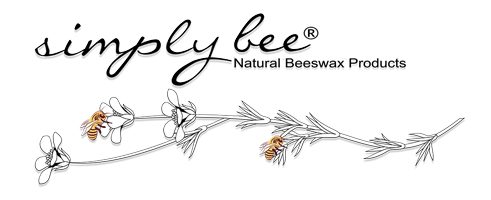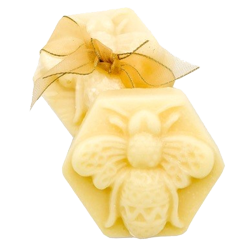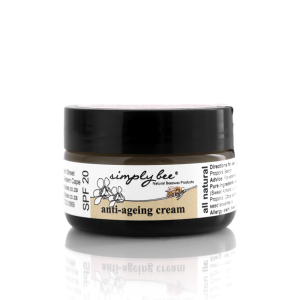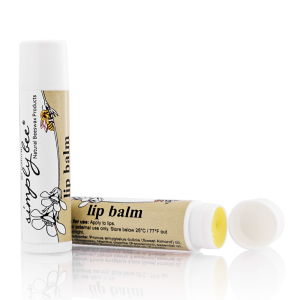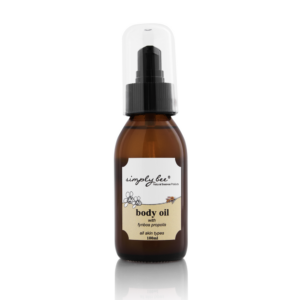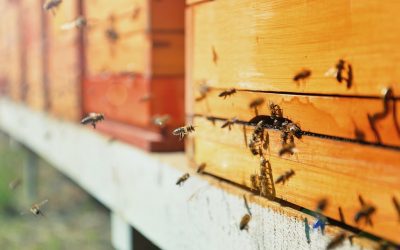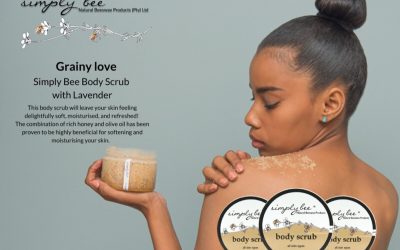Bee numbers world-wide are falling at an alarming rate. It has been said that, if bees die out, humanity will follow suit within four years. Our own survival depends on taking responsibility for protecting our bees.
Just as much as bees have an important role in ensuring the survival of humanity, we also have a responsibility for their survival. This way, we can ensure that the symbiotic relationship that we have with bees will endure for many more generations. At Simply Bee we proudly adhere to responsible beekeeping practices as we understand the importance of bees in nature and the health benefits of our pure Fynbos honey has to offer.
Every single organism in nature is important to functioning of a particular ecosystem and because they are complex, possibly too complex for us to be able to understand all the threads and interactions that take place within them, we need to ensure that we protect the crucial components of these systems.
Now, with bees and honey bees, in particular, we know that over one-third of oud food supply relies upon them for pollination services and we know that pollination is essential for the reproduction of the plants that the bees service.
According to statistics, bee populations around the world have plummeted by a staggering 30% globally over the last 30 years.
Besides the hype around the now well-known Colony Collapse Disorder (CCD) there are also various other threats to our bee populations: acarine disease, varroatosis, nosema disease, the waxmoths and variety of brood diseases.
Entire colonies of bees are disappearing around the world, having a tremendous impact on our ability to produce enough food to feed the planet.
Honeybees are our pollinators, and providers of every third mouthful of food we eat (according to Dr Lawrence Harder – a professor of pollination ecology at the University of Calgary). This means that pollination of over at least 100 different crops worldwide is affected. Not just the fresh fruit and vegetable industries will suffer the consequences, but also our reliance on other bee-derived products which we take for granted, such as cotton a variety of industrial lubricants.
At Simply Bee we have minimized the risk of infection by not subjection our bees to commercial pollination practices. By not moving our hives and by doing regular inspections we can contain possible outbreaks, if needed. Our responsible beekeeping practices include dedication to sterilizing our hive tools by smoking or burning them with a flame before using them again. Our bee hives are also placed in a more secluded area far away from any commercial farming, ensuring that we have a smaller risk of infection alltogether and smaller chance of exposure to other infected bee colonies.


